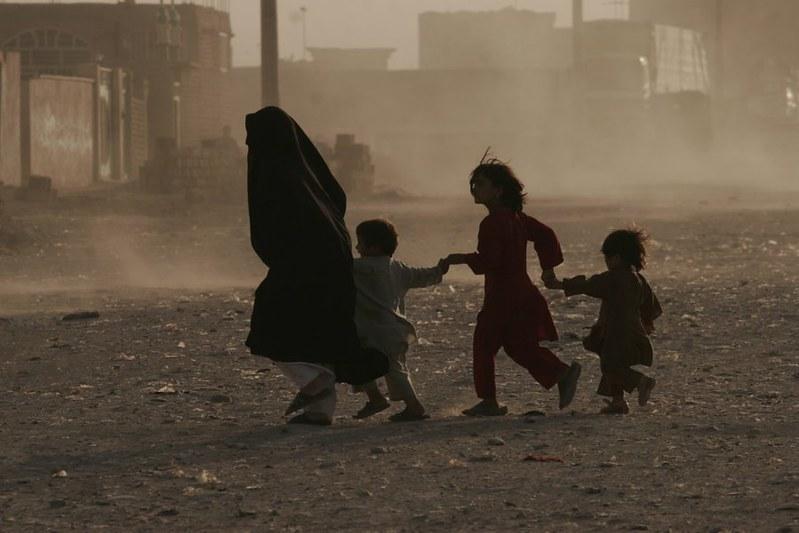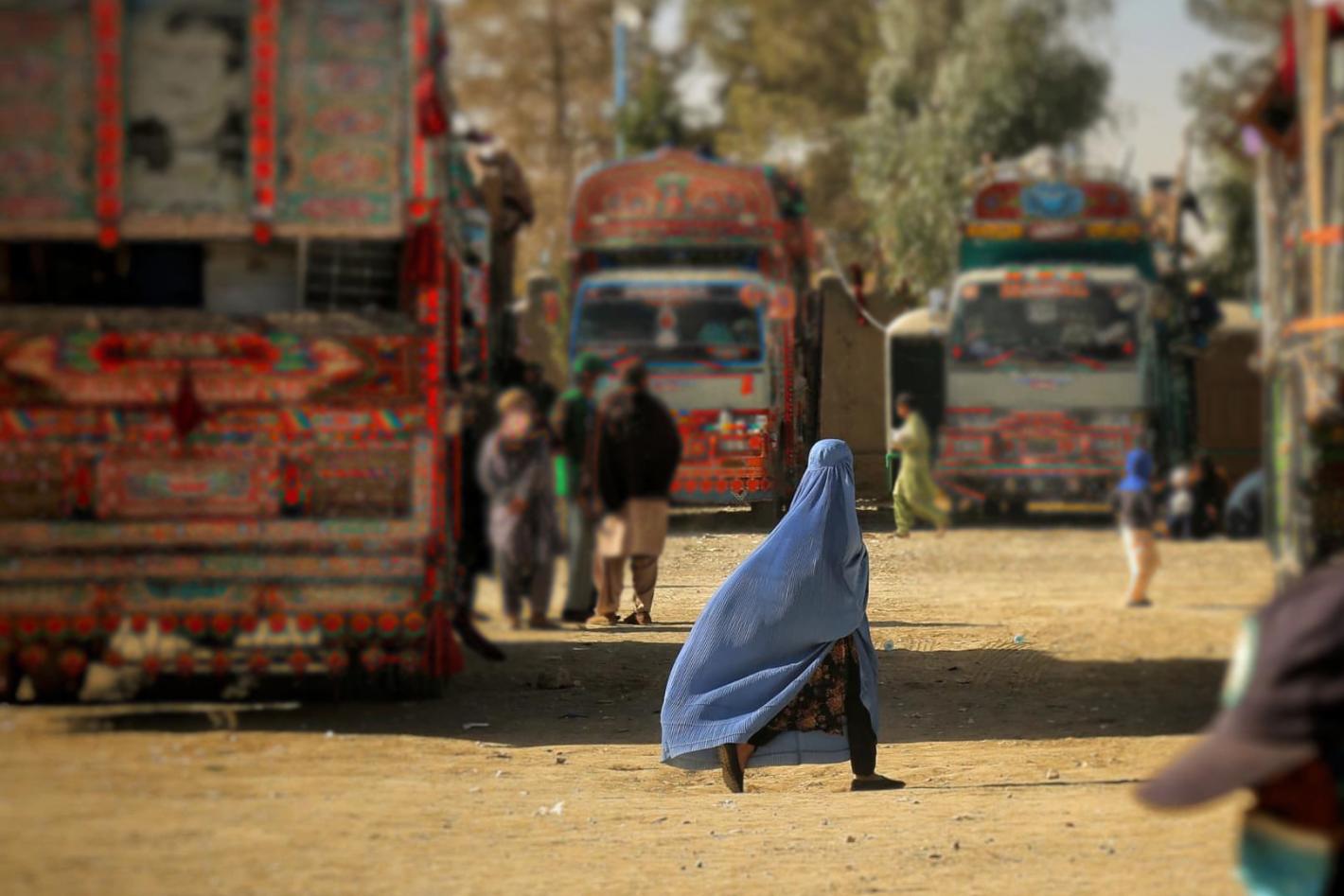MAZAR-E- SHARIF – Investing in women’s education will help improve livelihoods, gender inequality and reduce poverty for all Afghans – that was the message from participants at a UN-backed event to mark international literacy day say in the northern city of Mazar.
About 40 participants including representatives from the provincial departments of education and women’s affairs, alongside academics and civil society attended the event to underscore the importance of literacy particularly for women. Participants discussed measures to improve women’s access to education, including addressing structural barriers such as inequality and poverty.
“One of the biggest barriers to women’s development is the lack of education,” said Tamana Fariwar, an official from the Balkh Chamber of Commerce and Industries. “The success of women, including the knowledge to run a business depends on how educated they are.”
The Governor for Charkent district, Salima Mazari, explained that finding a coherent and long term strategy should be a priority for empowering women and breaking the cycle of poverty and economic dependence.
“We need a holistic approach to change the culture of our society which negatively impacts women,” said Mazari, who is also the only female district governor in the Balkh region.
Another participant, Gul Chehra Bahin, a university professor in Balkh, said women are disproportionately burdened with social and domestic duties which often leave them with less time and energy to focus on education.
Afghanistan has come some way in improving the lives of women through access to education and legislation such as the EVAW law and the National Action Plan. The past 17 years have seen millions of girls go through school. Nonetheless, there are still millions of girls who cannot access or continue their education due to many social and structural barriers including inequality, child marriages and traditional practices. Poverty remains one of the most significant barriers to accessing education, especially for rural women and girls across Afghanistan.
The UN is committed to efforts to empower women and is working with a variety of institutions and actors to promote gender equality, as well as supporting local programmes aimed at expanding opportunities for women, including access to education and participation in democratic, and decision making processes.
The event was facilitated by UNAMA’s regional offices in Mazar as part of a series of outreach initiatives aimed at creating opportunities using radio, television and social media for local communities to engage in dialogue on pressing issues affecting them.






